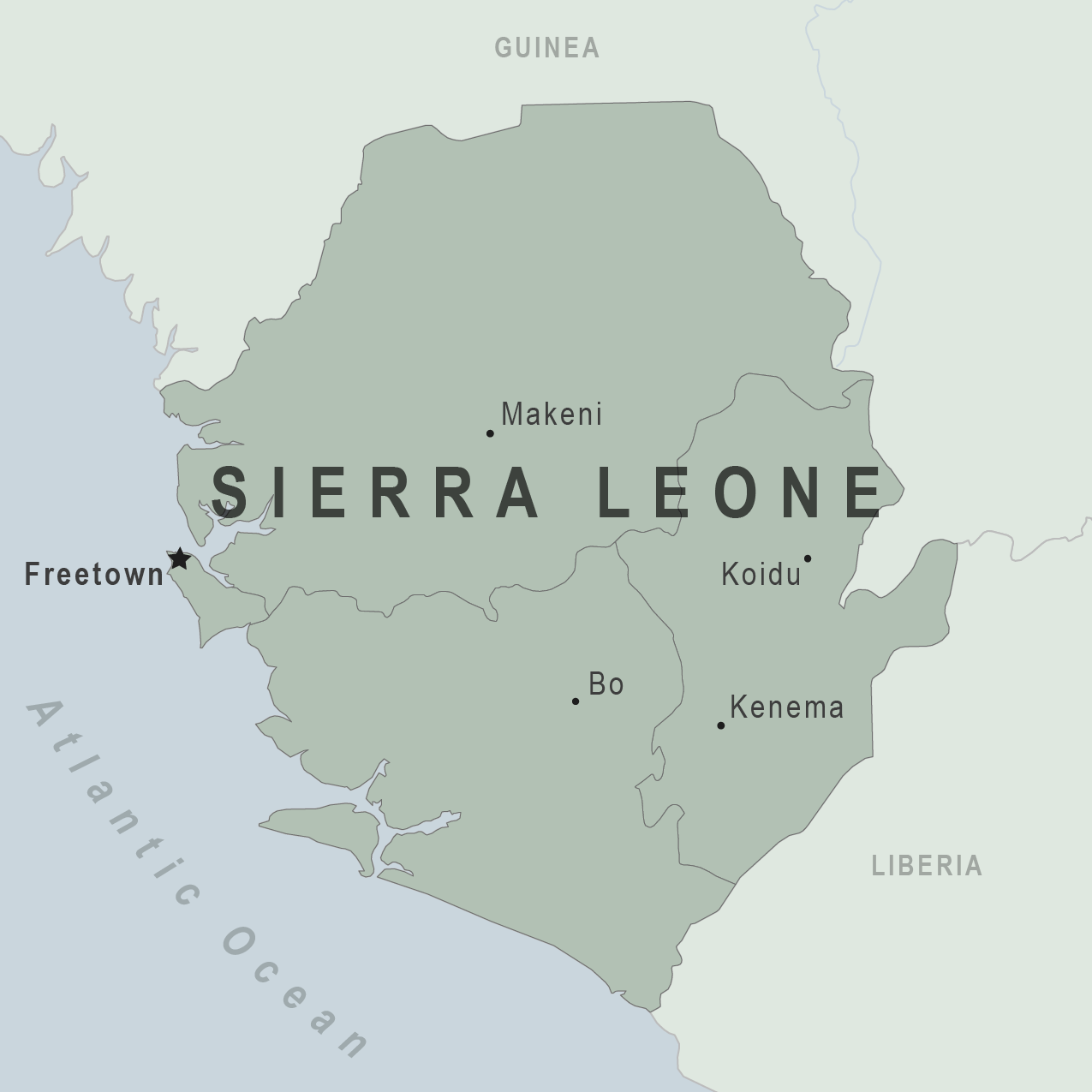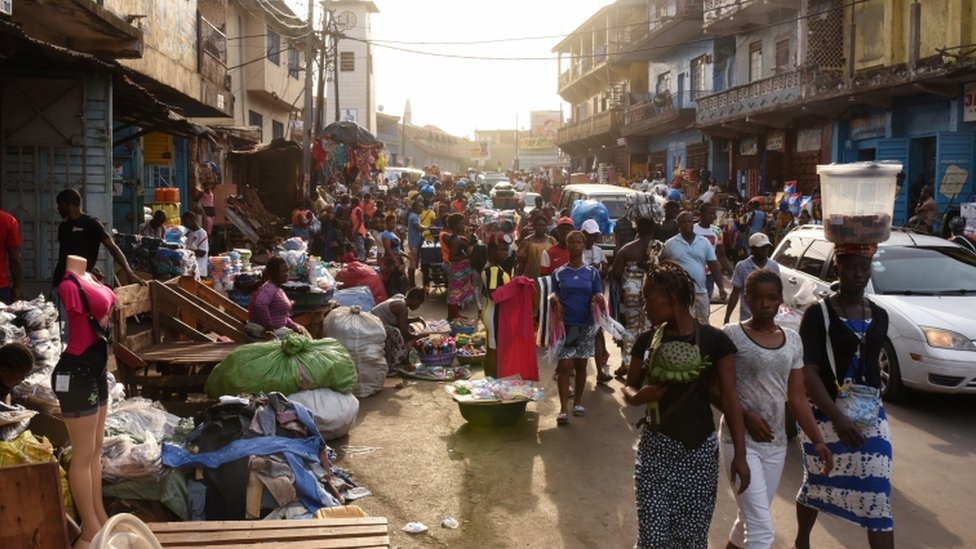Sierra Leone

CDC
Country Overview
Targeted Groups | Perpetrators | Alert Status | Genocide Stage(s) |
|---|---|---|---|
|
| Watch | Stage 1: Classification, Stage 3: Discrimination, Stage 4: Dehumanization, |
Details
Sierra Leone has 15 ethno-linguistic groups. Although none forms a clear majority, the two largest groups are the northern Temne, which aligns with the All People’s Congress (APC), and the southern Mende, which aligns with Sierra Leone People’s Party (SLPP). These ethno-political divisions contributed to the decade-long civil war that ended in 2002. Notably, religious differences did not contribute to the roots of the civil war or any subsequent violence: the 60% Muslim majority and the 20% - 30% Christian minority live in a climate of tolerance. Since the war ended, the country has enjoyed relative peace and stability, although trauma, sexual violence, poverty and social inequities remain enduring legacies of conflict. While political corruption is not uncommon, the most recent election is considered to have involved only minor voter suppression.
The discrimination of LGBTQ+ peoples is not explicitly prohibited by the constitution and sex between men is criminalized under a colonial-era law. The LGBTQ+ community faces discrimination in employment and access to healthcare and remains vulnerable to violence.
People of non-African descent are denied birth-right citizenship. There has also been an abuse of peaceful demonstrators.
Resources
Freedom House: Sierra Leone
LGBT Rights in Sierra Leone
